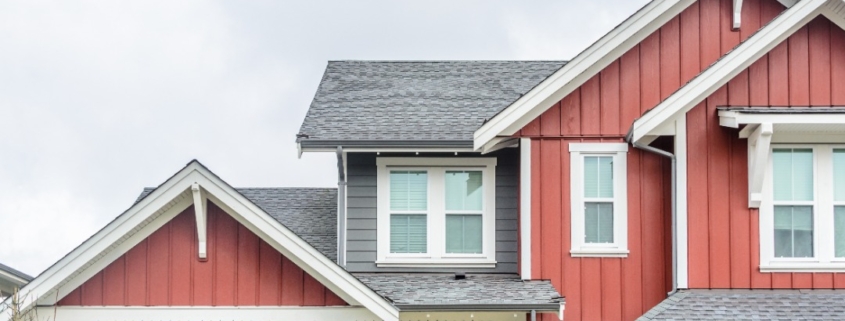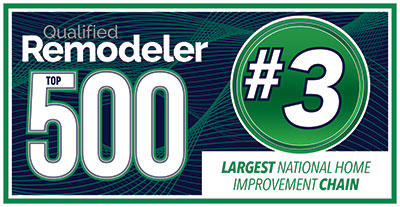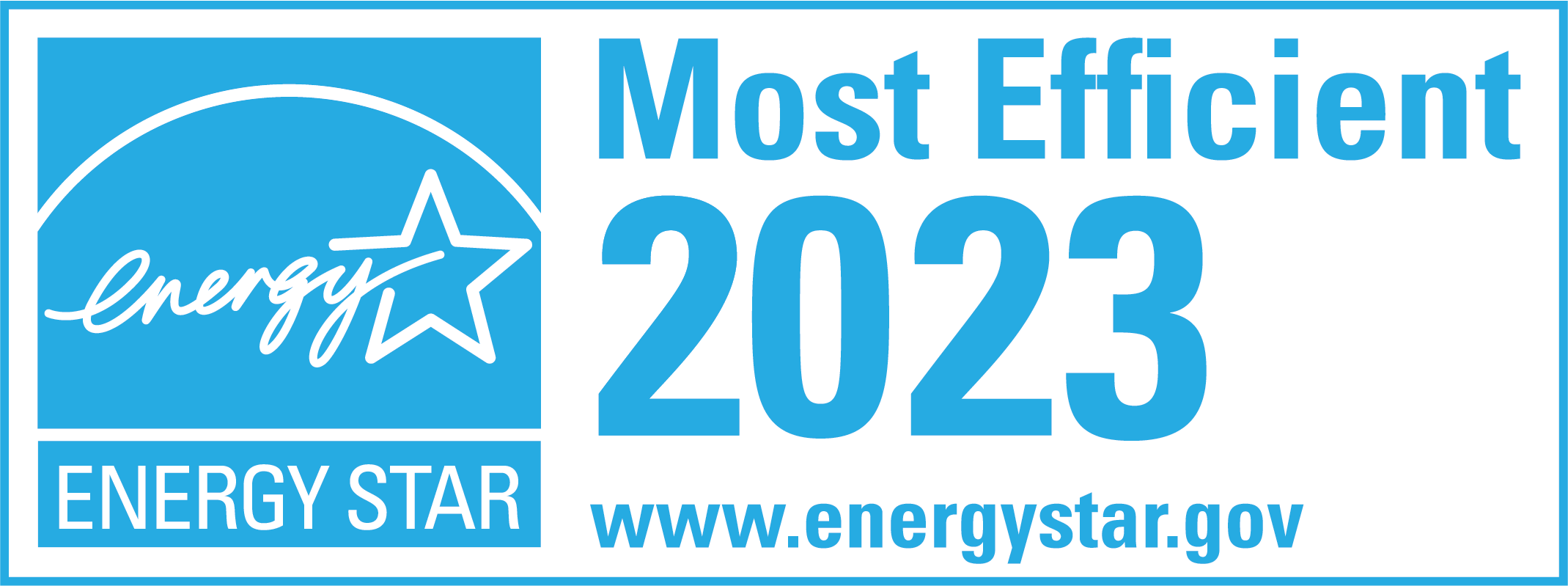Vinyl vs Fiberglass Windows: Which is Better
When choosing the right windows for your home, the options can be overwhelming. Two popular choices are vinyl and fiberglass windows. Each material has its unique features and benefits. In this article, we will explore the vinyl vs fiberglass windows topic to help you make an informed decision.
Understanding Vinyl and Fiberglass Windows
When it comes to choosing the right windows for your home, there are several options available. Two popular choices are vinyl windows and fiberglass windows. Let’s take a closer look at the basics of each type and explore their unique features.
The Basics of Vinyl Windows
Vinyl windows are made from a polymer material called PVC (polyvinyl chloride). This material is not only durable but also low-maintenance, making it an excellent choice for homeowners. Vinyl windows are resistant to rotting, warping, and fading, ensuring that they will last for many years to come.
One of the key advantages of vinyl windows is their affordability. Compared to other window materials, such as wood or aluminum, vinyl windows are more budget-friendly. This makes them a popular choice for homeowners who want to upgrade their windows without breaking the bank. In addition to their affordability, vinyl windows offer a wide range of design options. They are available in various styles, such as single-hung, double-hung, casement, and sliding windows. This allows homeowners to choose the style that best fits their aesthetic preferences and functional needs. Another notable feature of vinyl windows is their energy efficiency. These windows have excellent insulation properties, which can help reduce energy consumption and lower utility bills. By keeping the cold air out during the winter and the hot air out during the summer, vinyl windows contribute to a more comfortable indoor environment.
Furthermore, vinyl windows are easy to clean and require minimal upkeep. Unlike wood windows needing regular painting or staining, vinyl windows can be cleaned with simple soap and water. This makes them a convenient choice for homeowners who prefer low-maintenance windows.
The Basics of Fiberglass Windows
Fiberglass windows are constructed from a composite material of glass fibers and resin. This combination creates a strong and durable window frame that is resistant to expansion and contraction due to temperature changes. Fiberglass windows are known for their superior strength and longevity. Similar to vinyl windows, fiberglass windows offer a variety of styles and finishes to choose from. Whether you prefer a traditional or modern look, there is a fiberglass window option that will suit your taste. This versatility allows homeowners to customize their windows to match the overall aesthetic of their home.
One of the standout features of fiberglass windows is their excellent thermal insulation. These windows have high R-values, which measure their resistance to heat flow. This means that fiberglass windows can help maintain a comfortable indoor temperature year-round, reducing the need for excessive heating or cooling. In addition to their insulation properties, fiberglass windows are also resistant to moisture and UV rays. This makes them suitable for all weather conditions, including areas with high humidity or intense sunlight. The durability of fiberglass windows ensures that they will not warp, crack, or fade over time.
Furthermore, fiberglass windows require minimal maintenance. They do not need to be painted or stained, and they can be easily cleaned with regular household cleaners. This makes fiberglass windows a practical choice for homeowners who want windows that stand the test of time without requiring constant upkeep.
As you can see, vinyl and fiberglass windows offer unique advantages and are excellent for homeowners. Whether you prioritize affordability, energy efficiency, or durability, there is a window option that will meet your needs. Consider your budget, aesthetic preferences, and long-term goals when selecting the right windows for your home.
Comparing the Durability of Vinyl and Fiberglass
When choosing windows for your home, durability is an important factor. Two popular options in the market are vinyl and fiberglass windows. Let’s take a closer look at the lifespan of these two materials and how they fare against each other.
Lifespan of Vinyl Windows
Vinyl windows have gained popularity over the years due to their affordability and low maintenance requirements. On average, vinyl windows have a lifespan of approximately 20 to 30 years. However, with proper care and maintenance, they can last even longer.
It is important to note that various factors can influence the lifespan of vinyl windows. Extreme weather conditions, such as heavy storms or intense heat, can shorten their lifespan. Prolonged exposure to direct sunlight can also cause the vinyl material to fade or become brittle over time.
To ensure the longevity of vinyl windows, regular cleaning and inspection are essential. This includes removing any dirt or debris that may accumulate on the frames and checking for any signs of damage or wear. Additionally, applying a protective coating or sealant can help to enhance the durability of vinyl windows and protect them from the elements.
Lifespan of Fiberglass Windows
On the other hand, fiberglass windows are known for their exceptional durability and longevity. They are made from a composite material consisting of glass fibers embedded in resin, which gives them their strength and durability. Fiberglass windows have a significantly longer lifespan compared to vinyl. On average, they can last for 40 to 50 years or more. The inherent strength of fiberglass makes it highly resistant to wear and tear, making it an excellent choice for homeowners looking for long-lasting windows.
One of the key advantages of fiberglass windows is their minimal maintenance requirements. Unlike vinyl windows, fiberglass windows are less likely to warp, crack, or deteriorate over time. They are also highly resistant to rot, corrosion, and pests, making them an ideal choice for areas with high humidity or extreme weather conditions.
While fiberglass windows may come with a higher initial cost than vinyl, their long lifespan and durability make them a cost-effective investment in the long run. With minimal maintenance, fiberglass windows can continue to provide excellent performance and energy efficiency for decades.
In conclusion, both vinyl and fiberglass windows have their advantages regarding durability. Vinyl windows offer affordability and low maintenance, while fiberglass windows provide exceptional strength and longevity. Ultimately, choosing between the two will depend on your specific needs, budget, and preferences.
Cost Analysis: Vinyl vs Fiberglass
Initial Costs of Vinyl and Fiberglass Windows
Vinyl windows are generally more affordable than fiberglass windows. This cost advantage makes vinyl windows a popular choice for homeowners on a budget.
Energy Efficiency: A Comparative Look
Energy Efficiency of Vinyl Windows
Vinyl windows are known for their energy-efficient properties. The insulation provided by the PVC material helps prevent heat loss during the winter and heat gain during the summer. This can significantly reduce heating and cooling costs and make your home more comfortable year-round. Many vinyl windows also feature advanced technologies such as double or triple-pane glass, low-emissivity coatings, and gas fills for enhanced thermal performance. These features further improve energy efficiency and help minimize drafts and external noise.
Energy Efficiency of Fiberglass Windows
Fiberglass windows offer similar energy-saving benefits as vinyl windows. The composite material used in their construction provides excellent thermal insulation. This reduces the transfer of heat and cold, resulting in lower energy consumption. Fiberglass windows can be customized with additional energy-saving features, such as argon or krypton gas fills and low-E coatings. These enhancements improve the overall energy efficiency of the windows and contribute to a more sustainable and eco-friendly home.
Aesthetics and Customization Options
Design Flexibility with Vinyl Windows
Vinyl windows come in various styles, colors, and finishes. They can be customized to match the architectural style of your home. Whether you prefer a traditional or modern look, vinyl windows offer plenty of design options to suit your taste. In addition, vinyl windows are relatively easy to install, making them a popular choice for homeowners looking to upgrade their windows without extensive renovation work. The wide availability and affordability of vinyl windows make them a versatile choice for any budget.
Design Flexibility with Fiberglass Windows
Like vinyl windows, fiberglass windows also offer a range of design options to complement your home’s aesthetic. You can choose from various colors, finishes, and hardware styles to create a personalized look. Fiberglass windows can be painted, allowing you to change the color over time if desired. Fiberglass windows typically have a bulkier frame and limited shape options. Their structural strength allows larger window sizes, offering expansive views and maximizing natural light in your living space.
In closing
In conclusion, vinyl and fiberglass windows have their benefits and considerations. Ultimately, choosing between vinyl and fiberglass windows depends on your priorities, budget, and specific needs. Consider factors such as durability, energy efficiency, costs, and aesthetics when finding the best windows for your home.
Window Depot USA of Tyler, TX, combines premium grade replacement window products with factory-direct pricing, a Transferable Lifetime Limited Warranty, and professional, courteous installation to offer the very best value in the industry today! Call us at (903) 752-0449 for a free, no-obligation quote, and find out firsthand what sets Window Depot of Tyler, TX, apart from the rest of the crowd. We’d be honored by the opportunity to earn your business!
Our service area includes the following towns: Tyler, Whitehouse, Bullard, Lindale, Chandler, Canton, Mineola, Longview, Kilgore, Henderson, Gilmer, Gladewater, Marshall, Hallsville, and Palestine.









